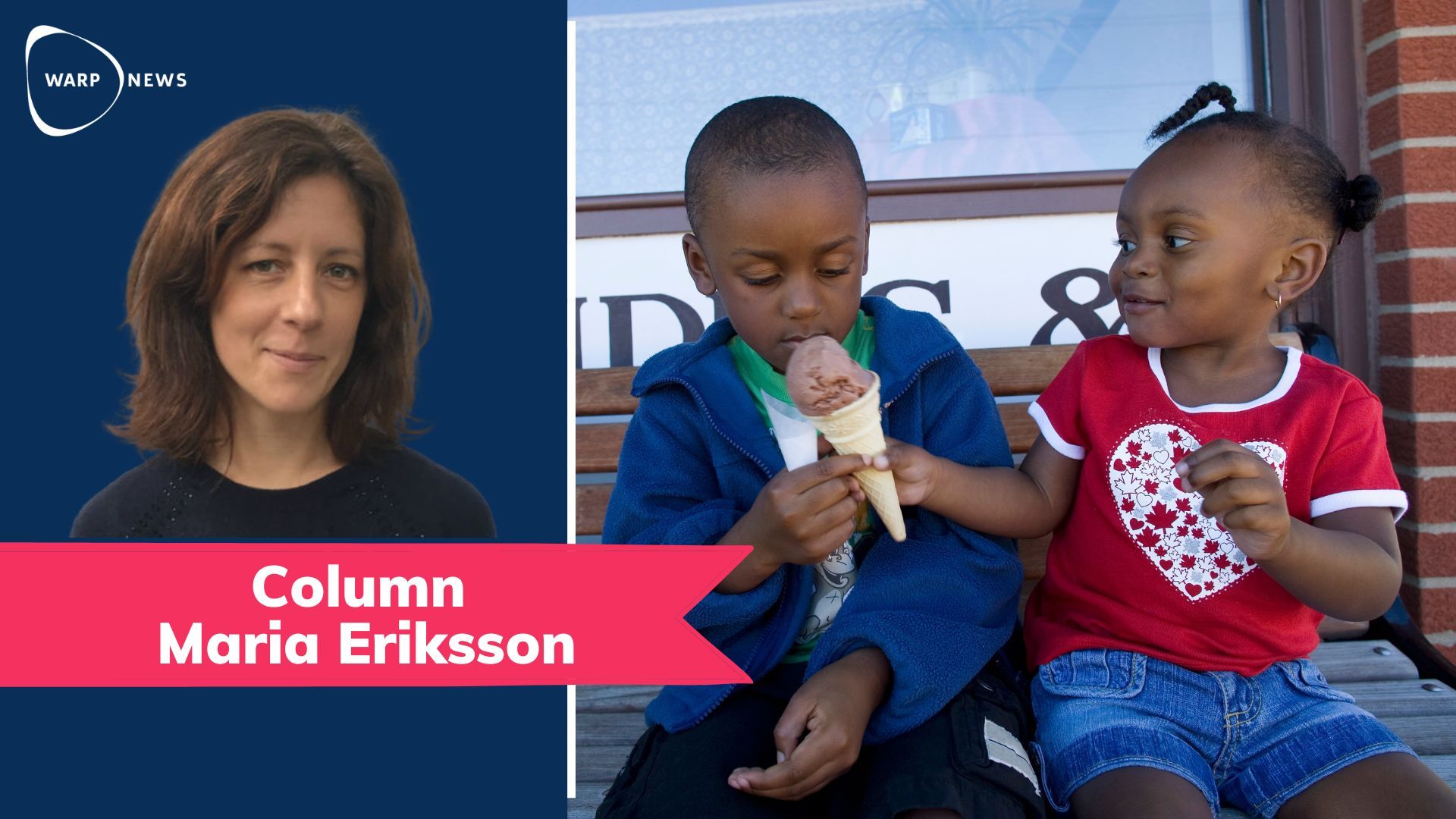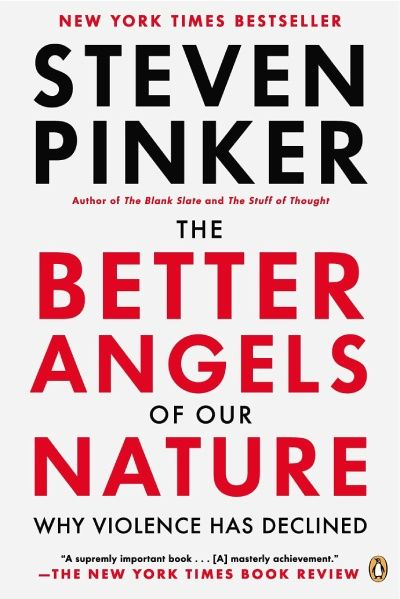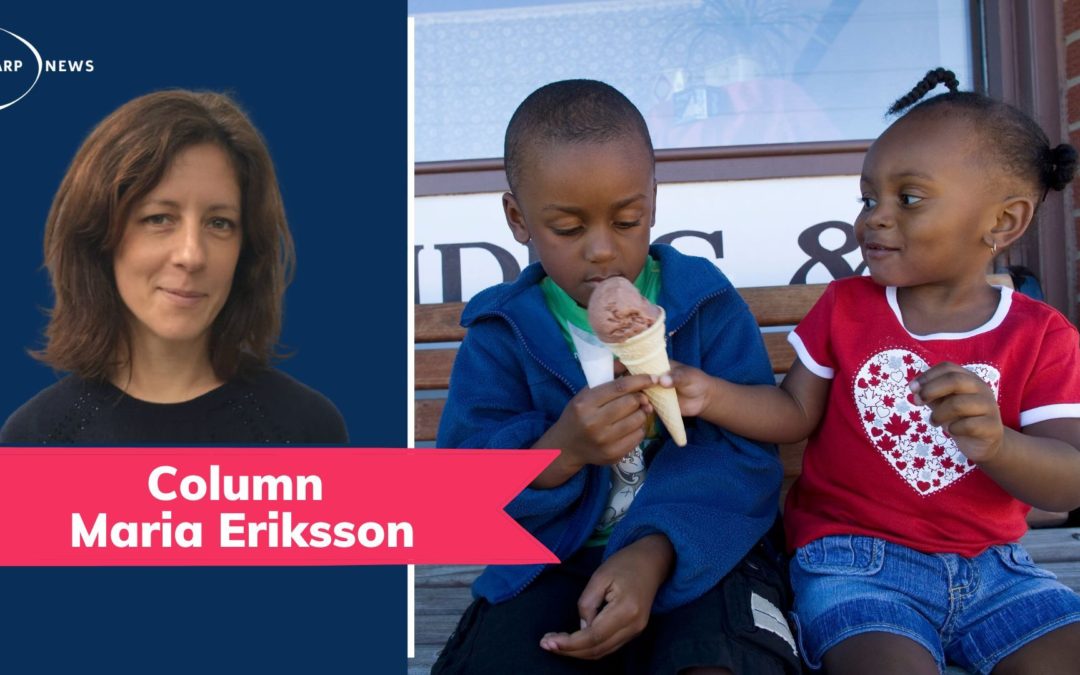
I was later told that the wrong person had been invited. The speakers at the conference were academics and journalists, all the best in their field. But the man standing there was a relatively unknown scholar of English literature. Or was he perhaps a Latin teacher? In the intermission, there were whispers that a mistake had been made. One of the conference organizers had managed to invite someone with the same name as the person who was actually meant to be there.
After in-depth accounts of early civilizations and research on Babylonian cities, his talk probably made a rather mediocre impression on most people. But for me, it was a real eye-opener.
He began by telling about a dinner at a friend's house. About how the friend's daughter – maybe five years old – came and sought her father's attention and about the love and sincere interest that the father showed his daughter. I don't remember exactly what else he talked about. But the point was this: harsh words, conflicts, wars, the list of evils we humans inflict on each other can be made long. But we also have the opportunity to change that. To do good. Why don't we focus more on how we can be good fellow human beings? How can we show each other more attention, affection, and love?
Dream of a better world
Of course, that may sound naive. “Why can't everyone be nice to everyone? Why is there war?” Like a child who doesn't understand how the world works. But if we turn it around: why should we take for granted that evil is an obvious feature of the world? Why not at least dream of, and strive for, a better world?
There was something about the candid way he told this story that didn't make it sound naive at all. On the contrary, everything else that was discussed during that conference – the world situation, real politics – appeared as nonsense. Isn't this the task? To contribute to making our existence here on earth a little better?

The book The Better Angels of Our Nature (Viking Books) by Steven Pinker, which was published about ten years ago, also argues that it is not at all impossible to imagine that we humans can actually become better at living together peacefully. We have created various institutions that allow us to resolve conflicts at the negotiating table, rather than by force. And we have increasingly come to embrace values that mean that people should be treated equally regardless of where they come from or who they are and that violence and violations are wrong.
There are reasons for optimism
Critics may point to a series of setbacks or debate whether statistically we actually see a decline in the number of people who die in wars over time. But the point is that there are enough good examples to say that it is possible to improve our existence here on earth. There are reasons for optimism.
Institutions and society's values are important. But ultimately, each of us has a responsibility. That you as an individual can actually make a difference – and meeting people who do it in their everyday life – is probably what makes me feel most confident about the future. I think of the security guy on duty at an office I sometimes visit, who always greets people with the world's biggest smile, which I'm sure spreads like rings on water through the building. Or my 80-year-old piano teacher who thought it was quite obvious to take in an unaccompanied, teenage refugee boy from Afghanistan into his home when he needed somewhere to live. Or people who dedicate their entire professional lives to trying to find cures for diseases that affect many others.
Who inspires you?
They are people who inspire me, and who raise the question: what can I do myself to contribute? So: Who inspires you to do something good? And what are you doing?
Maria Eriksson





